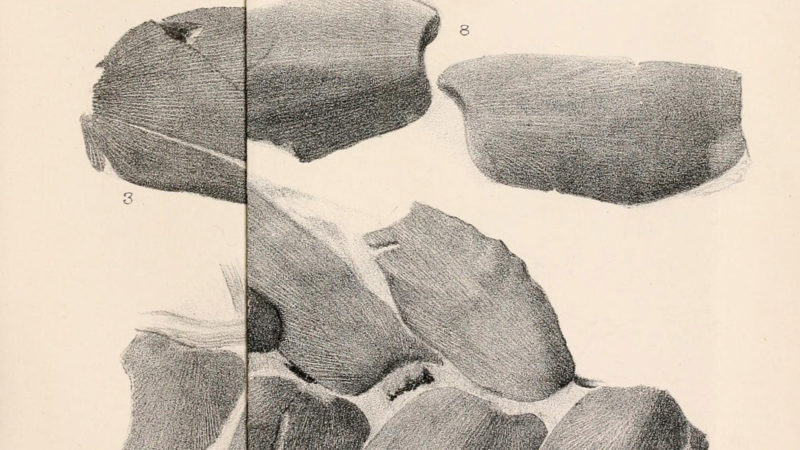Where the river pooled up for the boys
a stone emerged.
You didn’t see it any other way:
just a stone, big and anodyne.
When we rose up from the murky water
we’d scale it like lizards. And then
a weird thing happened:
the dry mud on our skin
drew our bodies closer to the landscape:
the landscape was the mud.
At that moment
the stone wasn’t hard or impermeable:
it was the back of a great mother
lying in wait for shrimp in the river. Ah, poet
yet again the temptation
of a useless metaphor. The stone
was stone
and that was enough. There was no mother. And I know now
it assumes responsibility: to watch over us
in its impenetrable intimacy.
My mother, however, has died
and she is neglected by us.
